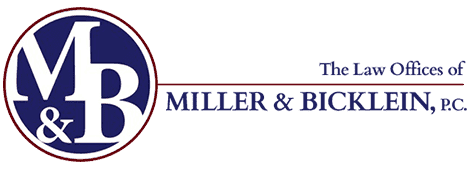Workers in the oil and gas industries know they have a dangerous job. In fact, surveys and statistics consistently list oilfield work among the most dangerous jobs to have. If you work in this industry, you have probably seen your share of injuries. Perhaps you have witnessed catastrophic accidents that took the lives of your co-workers.
In addition to falls and struck-by accidents, you must prepare yourself for the devastating possibility of a fire or explosion. Working around combustible materials places you at risk for burn injuries. Burn injuries are among the most painful and tragic consequences of an accident, and taking every precaution to protect yourself is critical to your survival in the event of an accident.
Is your employer protecting you?
Recovering from a burn, even a minor one, is a long and painful process. For those who suffer extensive injuries, they may spend the rest of their lives struggling to return to a normal standard of living. The American Burn Association reports that a burn victim with injuries covering 40 to 60 percent of his or her body will likely spend at least 54 days in the hospital and accumulate nearly $800,000 in medical expenses.
To reduce the chances that you or your co-workers will become victims of such an event, your employer must provide and require the appropriate protective gear for the work you do. Some considerations your employer should make include the following:
- Clothing should meet or exceed all safety standards for your work.
- Clothing should be made of material appropriate for the temperature so you will not be tempted to remove it or modify it because you are too hot or cold.
- Clothing should be the correct size for each worker, which may mean special ordering for workers who are not of average height or weight.
- You should be able to move freely and comfortably while performing your duties in the protective gear.
- Fabric and fasteners should be durable so that you do not have to work in clothing that has tears, leaving your skin exposed to injury.
Burn injuries can result in catastrophic, life-changing injuries. They may even be fatal. Protecting yourself from the potential dangers of your job includes taking every proactive measure, such as wearing the appropriate protective clothing. Your Texas employer has a duty to ensure you have the safest possible work environment. Failing that responsibility may be a critical mistake.
